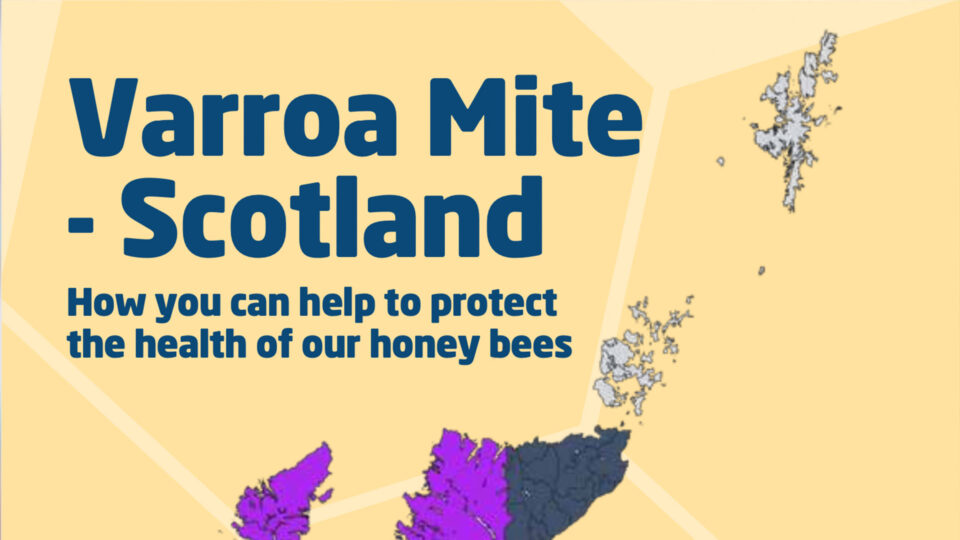Latest News
SCOTTISH GOVERNMENT UPDATES 03 April 2024
NEWS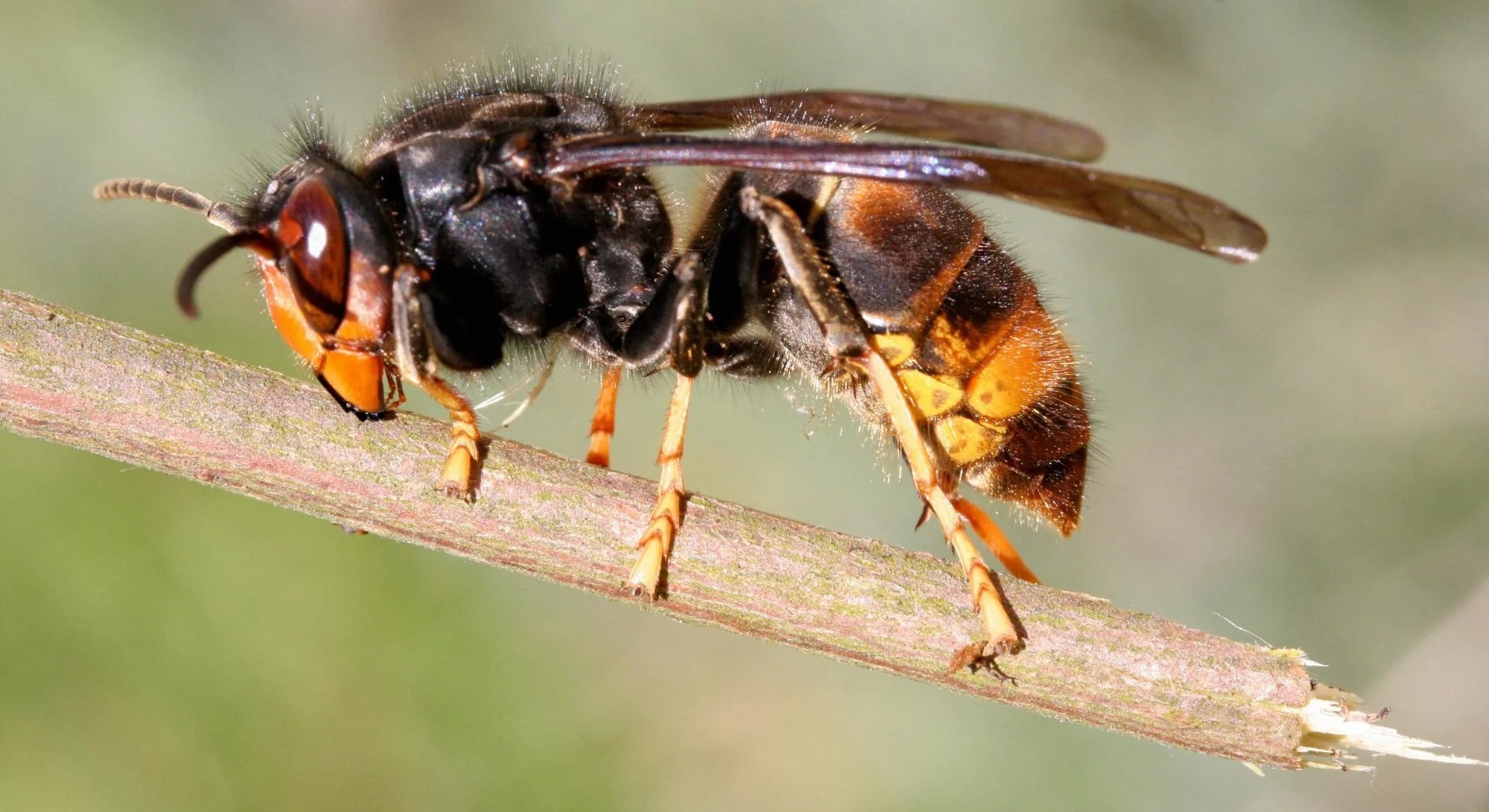
SCOTTISH GOVERNMENT UPDATES The following release has been issued by the Scottish Government’s Honey Bee Health Team. Members of the public are being urged to notify experts if they think
Latest News

Young Beekeepers Centenary Cover Competition
NEWS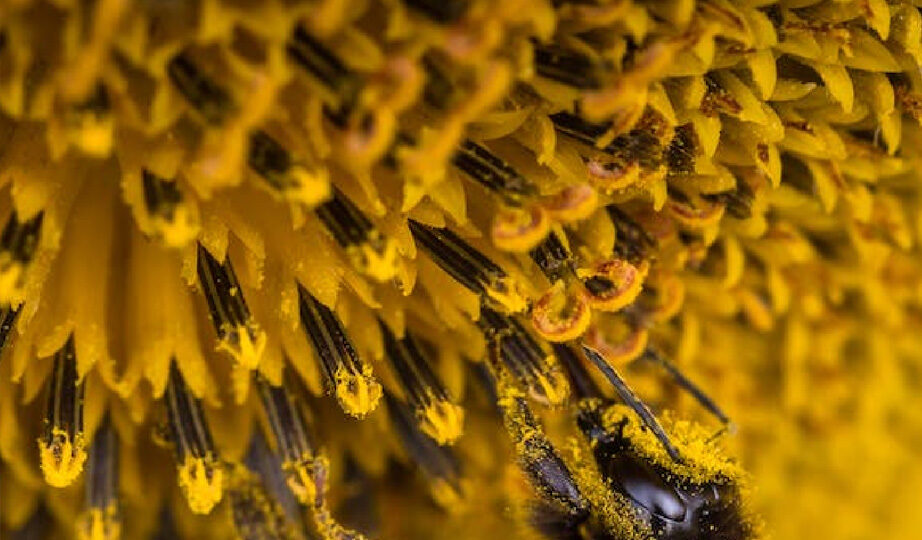
SBA Janet Foreman Funding Research Update
NEWS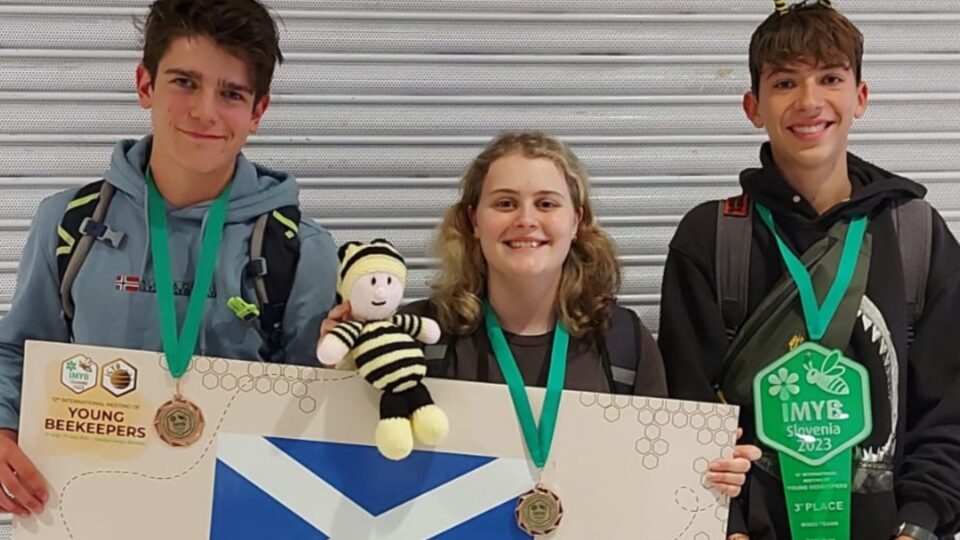
2024 International Meeting Of Young Beekeepers (IMYB)
NEWS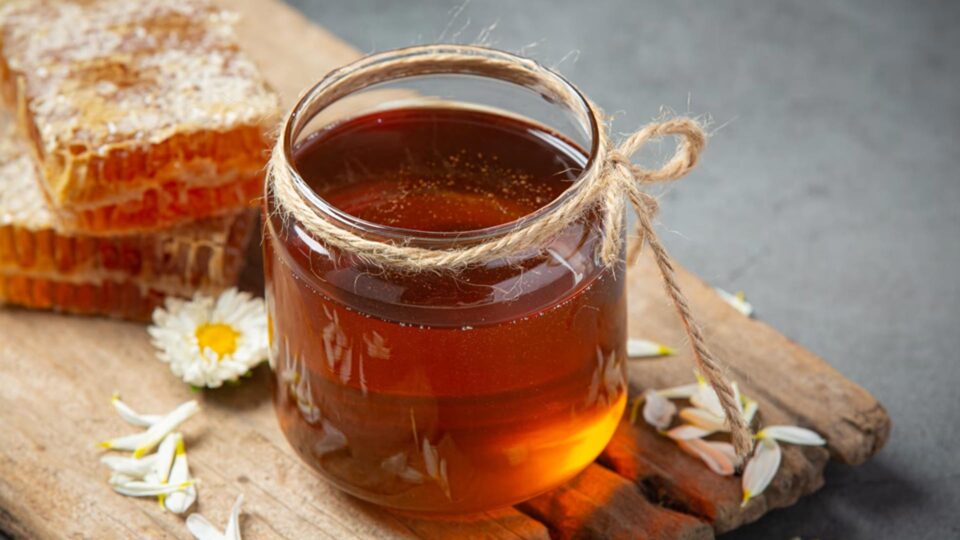
October Webinar – National Honey Show Panel
WEBINAR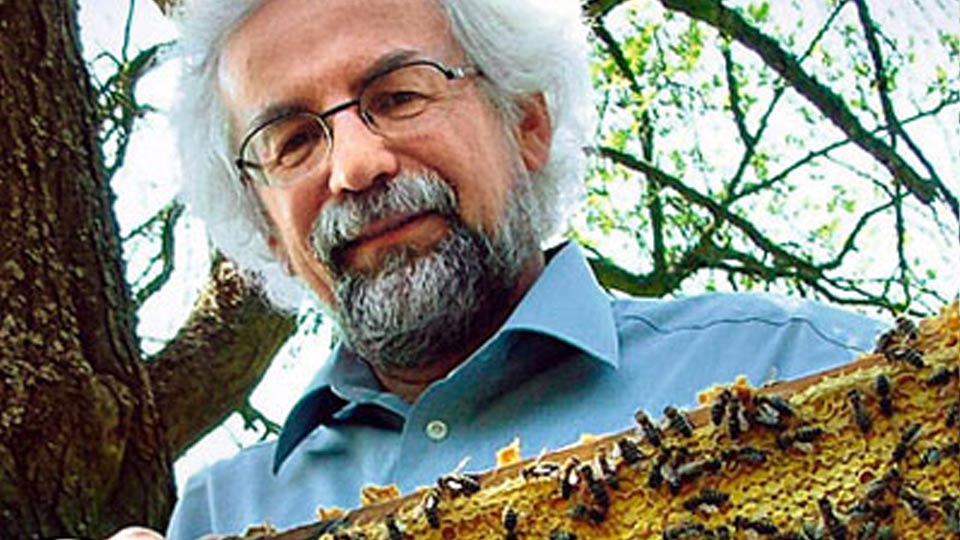
The Nest of a Honey Bee with Professor Jürgen Tautz
WEBINAR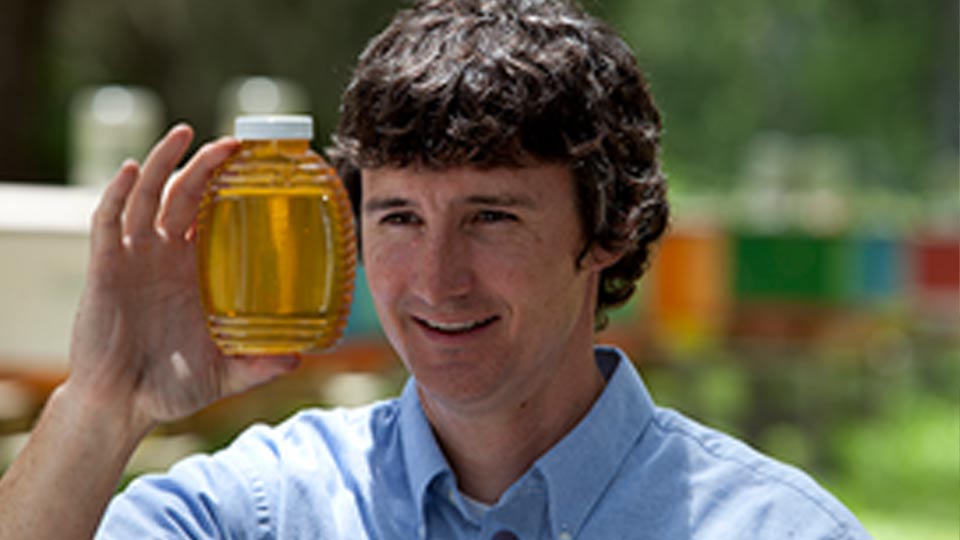
An Evening with Professor Jamie Ellis
WEBINAR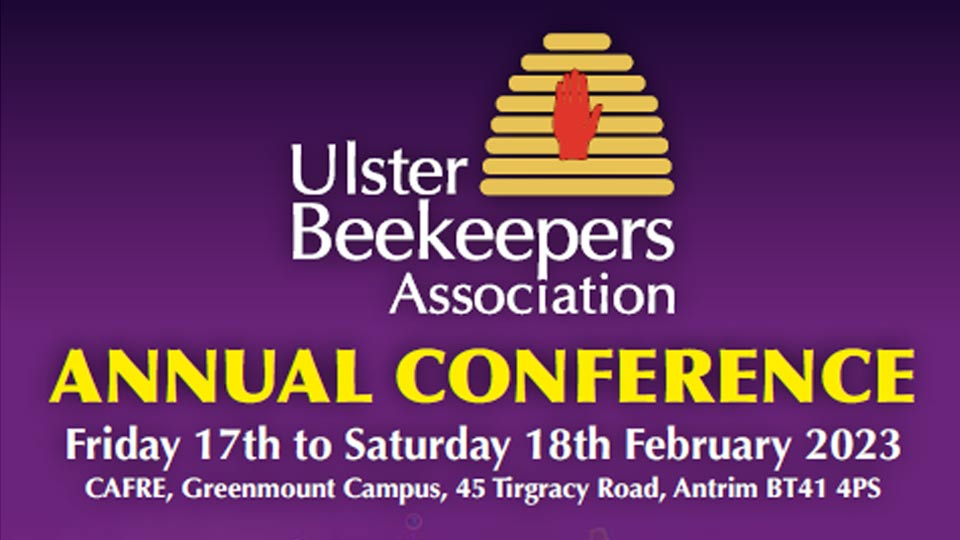
Ulster Beekeepers Annual Conference 2023
NEWS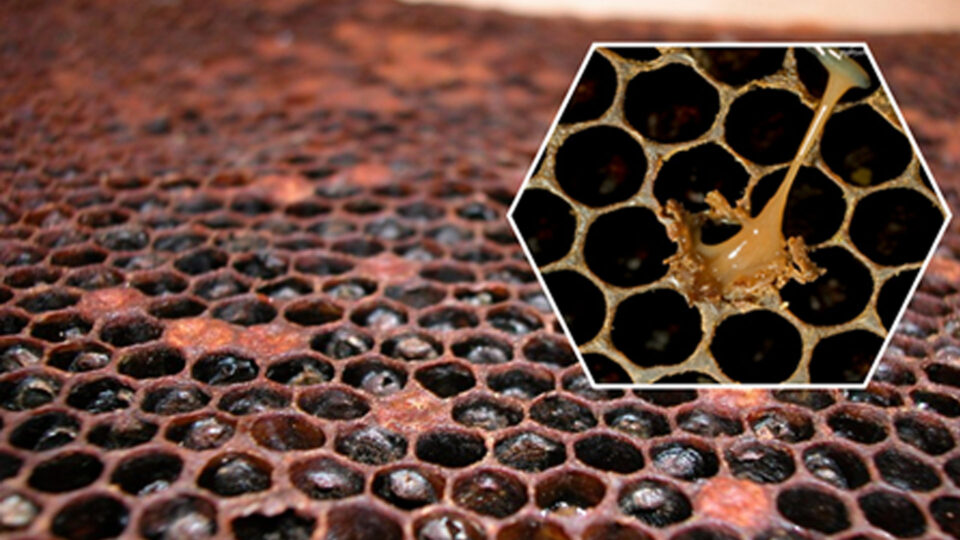
Foulbrood Notice
NEWS